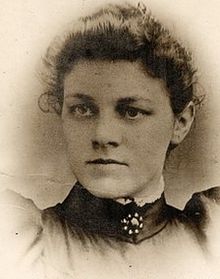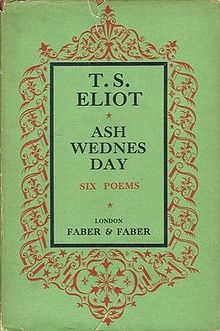
From the "Women who Inspire Isabella" files:
I'm reading about Julia Varley OBE, a Bradford born woman who fought for workers’ rights. She started her working life as a sweeper in the local mill at just 12 years old, and soon became branch secretary of for the Weavers’ and Textile Workers’ Union at 15.
After losing her mother, Julia worked full time in the mill, looked after her younger siblings and still found time to continue working on her trade union duties. She was the first female member of the Bradford Trades Council in 1900 and also served on the board of the Poor Law Guardians for Bradford.
She was twice imprisoned in 1907 as a suffragette, once for an attempt to enter the floor of the House of Commons and was summoned to Westminster Police court charged with disorderly conduct and resisting police for which she served 7 days in Holloway Prison.
She moved to Birmingham to assist organising the women workers for George Cadbury and supported a key strike for the Cradley Heath Chain Makers. She also worked with the National Union of Operative Bakers for better pay and hours. Bakers were working 70 to 100 hours a week for 22 to 26 shillings. Julia secured them a minimum wage of 26 shillings for a 54-hour working week.
With men going to war, Julia travelled the country to ensure that women doing men’s work would get fair pay and conditions. By 1918 the Workers Union had 80,000 women members. She was the only woman organiser in the Workers’ Union until 1915 and was an active organiser throughout the war despite having a major operation on her throat in early 1917. In 1918 she went to France as one of five women sent to investigate rumours of immoral behaviour by WAACs in France. The commission found “a healthy, cheerful, self-respecting body of hard-working women, conscious of their position as links in the great chain of the Nation’s purpose and zealous in its service”.
In 1920 in Birmingham, she formed a Domestic Servants’ Union. A charter of appropriate conditions of work was issued which covered hours, time off, a minimum wage, having their own bedroom, that the mistress should pay for uniforms, and that servants should be addressed by their proper names.
She continued to serve as the chief woman organiser of her union which became the Transport and General Workers. She was elected to the General Council of the TUC and also served on Government committees. She was awarded an OBE by King George 5th in June 1931 for Public Service. In September 1935 Julia was part of a large international delegation to the League of Nations in Geneva on the subject of women’s claims for equality all over the world. She was the principal speaker of the delegation in her role on the Women’s Committee of the TUC and the International Committee of Trade Union Women. She was awarded the TUC Gold Badge, which was awarded by the TUC every year to a female trade unionist with an outstanding record of trade union and community or voluntary work over a period of many years.
Julia retired in 1936 but continued to live in the Birmingham area and had further surgery on her eye in 1937. Unfortunately, her failing health and blindness forced Julia to return to live with her sister in Bradford, where in November 1952 she died at the age of 81.

Rest in Peace  1871 - 1952
1871 - 1952
_________________
I never give you my number, I only give you my situation.
Beatles













